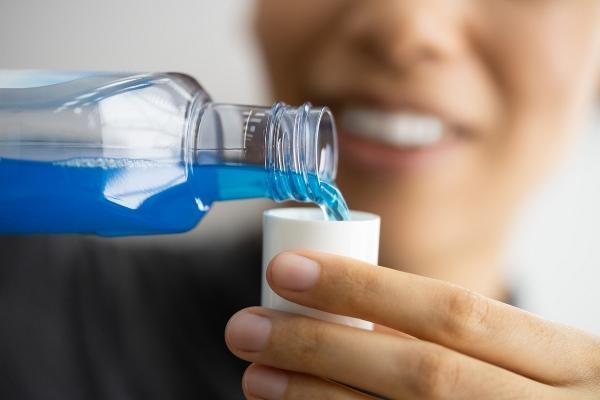Gargling with mouthwash may have significant promise in reducing the incidence of periodontitis, as well as in the treatment of type 2 diabetes mellitus (T2DM).

Additionally, younger patients and those with higher baseline levels of glycated hemoglobin (HbA1c) experienced a marked reduction in HbA1c levels and oral bacterial species, the authors write. mouth after rinsing with mouthwash.
“Patients with T2DM complicated by periodontitis have more red complex species, and poor glycemic control is thought to be associated with increased levels of red complex species in the oral cavity,” write the authors, led by Dr. Saaya Matayoshi from Osaka University in Japan.
The research team looked at how mouthwash use affects levels of certain harmful bacteria known as the red complex series, such as Porphyromonas gingivalis (P.gingivalis), Treponema denticola (T.denticola) and Tannerella forsythia (T. forsythia), as well as on HbA1c levels in patients with T2DM.
A total of 173 patients were first asked to gargle with water for six months, followed by six months of gargling with a mouthwash containing chlorhexidine gluconate. During clinic visits, patients provided saliva samples, and the team extracted bacterial DNA to detect the presence of these harmful bacteria using a laboratory method called polymerase chain reaction (PCR). In addition, HbA1c levels were measured using a blood sample to understand the effect of mouthwash on blood sugar control.
It was found that in younger patients or men who gargled with mouthwash, there was a significant reduction in the composition of the red amount. Additionally, among younger patients or those with higher baseline HbA1c levels, gargling with a mouthwash resulted in a significant reduction in HbA1c levels.
However, this study had limitations. Different patients showed different trends in bacterial changes and blood sugar control when they rinsed with mouthwash, potentially due to individual differences, including the presence of other systemic diseases, the use of certain medications, and periodontal status, the authors wrote.
“Thus, patients with T2DM may be able to reduce the amount of red complex by gargling with a mouthwash two or three times daily, leading to possible improvements in glycemic control, especially in younger patients,” Matayoshi wrote. et al.
